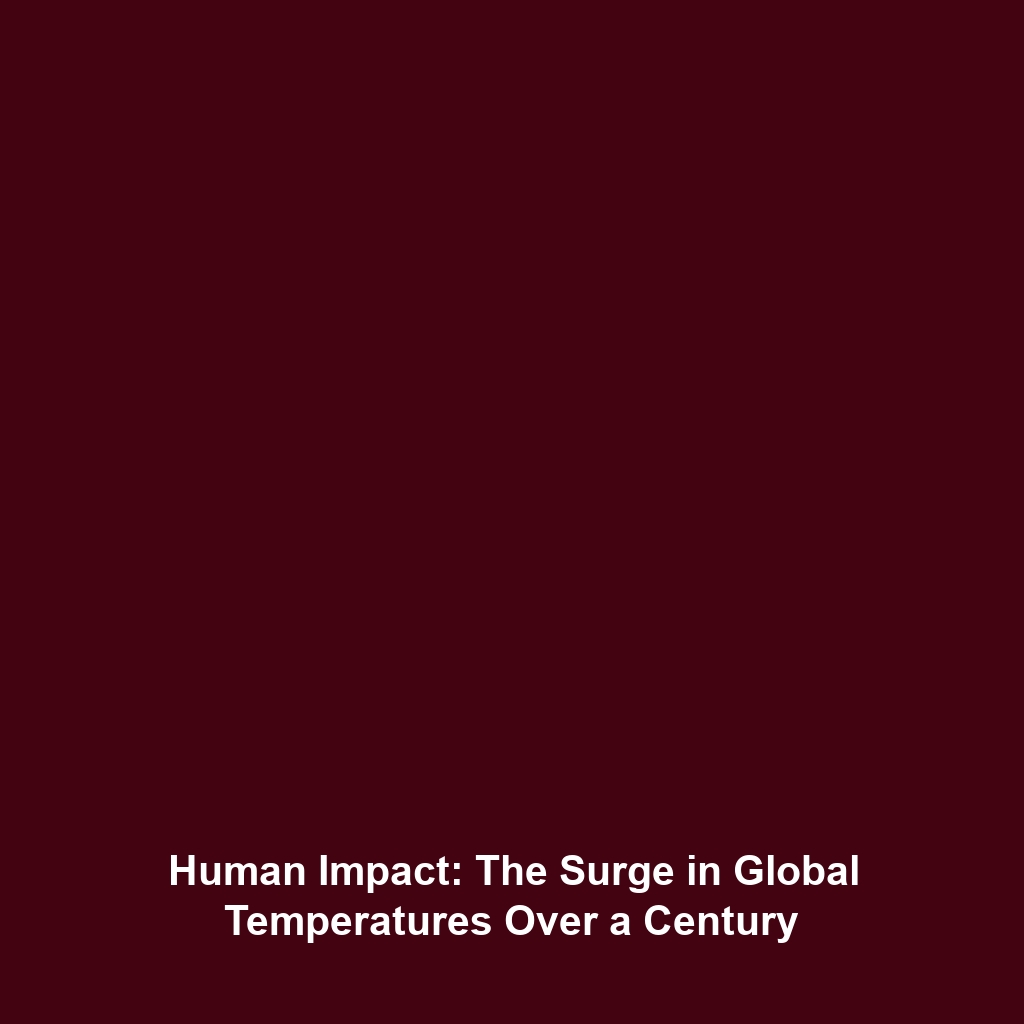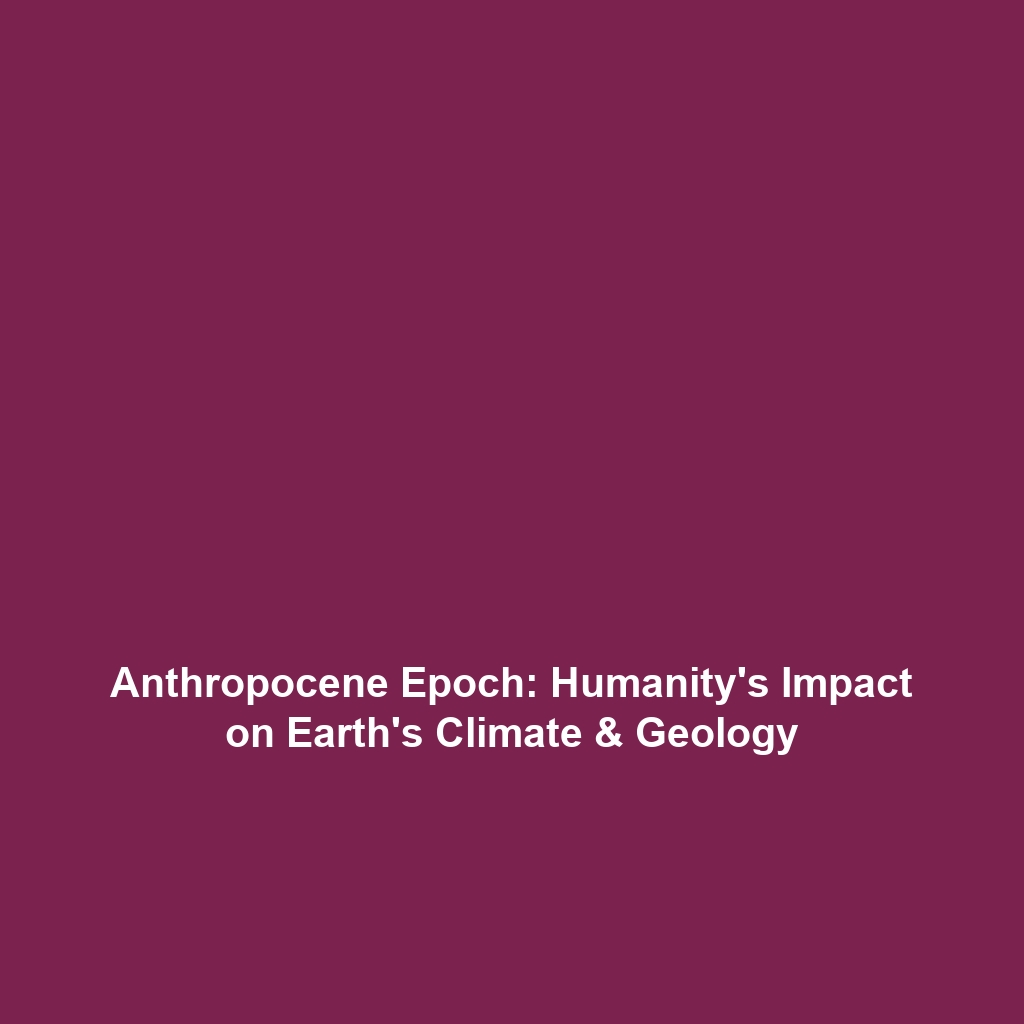The Rapid Increase in Global Temperatures: A Century of Human Impact
Introduction: Over the past century, the world has witnessed a significant rise in global temperatures, a phenomenon largely driven by human activities such as industrialization, deforestation, and the burning of fossil fuels. This rapid increase impacts ecosystems and weather patterns worldwide and holds critical implications for Climate History. Understanding the factors contributing to this alarming trend is essential for addressing climate change and its far-reaching consequences.
Understanding Temperature Increase and Climate History
Key Concepts
The current trend of rising global temperatures is rooted in several key concepts:
- Greenhouse Gases: Emissions from various human activities have increased the concentration of greenhouse gases (GHGs) in the atmosphere, leading to the greenhouse effect.
- Climate Models: Scientists utilize climate models to project future temperature scenarios based on historical data, helping to understand climate variations.
- Historical Context: Historical temperature records reveal a stark contrast between pre-industrial and contemporary climates, emphasizing the rapidity of current changes.
These concepts underscore the critical relationship between human actions and climate trends, situating the temperature increase firmly within the broader narratives of Climate History.
Applications and Real-World Uses
Understanding the rapid increase in global temperatures has substantial implications for various fields:
- Policy Making: Research on temperature trends informs global climate initiatives and national policies aimed at reducing carbon emissions.
- Environmental Conservation: Historical climate data is used to develop strategies for preserving vulnerable ecosystems affected by climate change.
- Urban Planning: Knowledge of temperature changes aids in the design of resilient infrastructure that considers future climatic conditions.
Current Challenges
Despite extensive research, several challenges remain in studying the rapid increase in global temperatures:
- Data Discrepancies: Inconsistencies in climate data across different regions can impede comprehensive analyses.
- Public Perception: Misunderstandings about climate science and skepticism can hinder effective policy implementation.
- Funding Limitations: Financial constraints can impact the scope and scale of climate research projects.
Future Research and Innovations
The future of understanding the rapid temperature rise involves innovative approaches and breakthroughs, including:
- Advanced Climate Modeling: Next-gen climate models utilizing artificial intelligence for enhanced predictions.
- Carbon Capture Technologies: Innovations aimed at reducing atmospheric carbon levels will play a key role in combating temperature increases.
- Sustainable Practices: Research into sustainable agriculture and renewable energy is crucial for mitigating human impacts on climate.
Conclusion
In conclusion, the rapid increase in global temperatures over the past century highlights the urgent need for collective action. Understanding its roots in human activities is crucial for forming effective policies and technologies to combat climate change. By acknowledging the implications of our actions today, we can strive for a sustainable future. For more on this topic, consider reading about the latest research in climate change or exploring renewable energy solutions.

